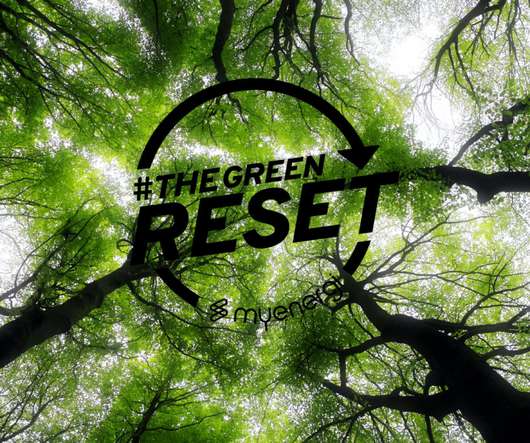U Calgary study finds oil shale most energy intensive upgraded fuel followed by in-situ-produced bitumen from oil sands
Green Car Congress
JULY 10, 2015
A team at the University of Calgary (Canada) has compared the energy intensities and lifecycle GHG emissions of unconventional oils (oil sands and oil shale) alongside shale gas, coal, lignite, wood and conventional oil and gas. This is not the same as crude oil occurring naturally in shales, as in the Bakken.

































Let's personalize your content